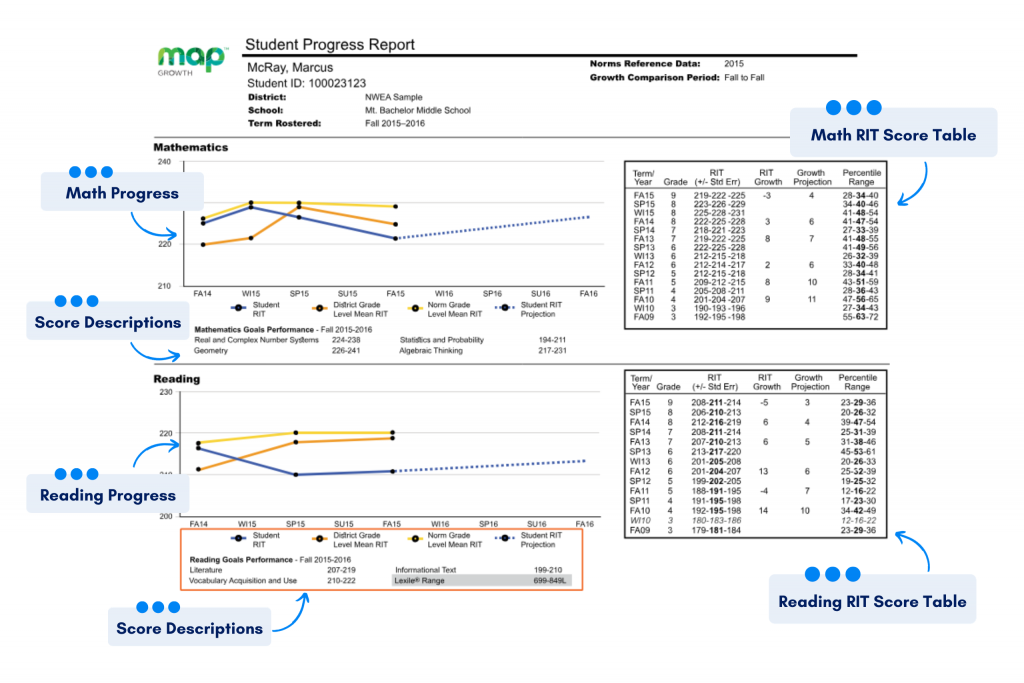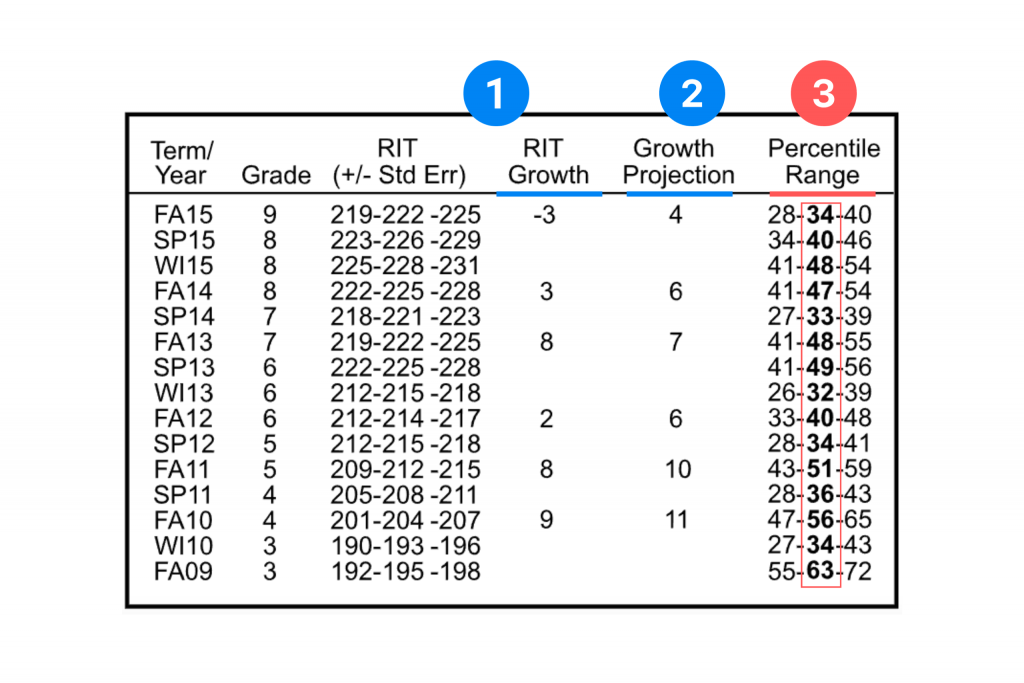Navigating MAP Test Results: A Guide for International School Students
by TA Staff
Introduction
As parents of international school students, you’re already familiar with the challenges and rewards of adapting to different educational systems. Twice a year, students take the Measures of Academic Progress (MAP) test to gauge academic growth. Understanding these results is crucial in mapping your child’s educational journey. Here’s a straightforward breakdown to help you interpret MAP scores effectively.
Navigating MAP Test Results: A Guide for International School Students
Understanding Your RIT Score
The RIT score is a cornerstone of the MAP test, indicating your child’s current academic skill level. These scores range from 140 to 300 points and are unique because they aren’t tied to age or grade level. Instead, they reflect individual knowledge and skills.
What’s considered a “high” score varies by grade. For instance, a RIT score of 210 might be impressive for a 3rd grader but considered below average for a 5th grader. This flexibility allows you to focus on personal growth rather than just how your child compares to their peers.

Growth Projection: Setting Your Academic Goals
The growth projection is an exciting part of your child’s results. It predicts how much you can increase your RIT score by the next test. This isn’t just a number; it’s a challenge and an opportunity. By understanding your potential for growth, you and your child can set realistic and ambitious academic goals.
Percentile Range: Understanding Your Position
The percentile range gives you a broader context for your RIT score. It represents the percentage of students who scored less than or equal to your child’s score. For example, if your child is in the 80th percentile, they performed better than 80% of students taking the MAP test. This percentile helps you understand where your child stands in a larger pool of students.
Decoding the Three Numbers
Your MAP results showcase three numbers for both the RIT and percentile. The middle number is your actual score. The numbers to the left and right form a range, indicating where your child might score if they retook the test during that season. This range helps account for day-to-day variations and provides a more comprehensive understanding of your performance.

- RIT Score: The RIT score notes a student’s academic skill level. RIT scores range between 140 to 300 points. While every student wants a high score, what a “high” score is depends on grade level. As we mentioned before, 210 may be high for a 3rd grader, but low for a 5th grader.
- Growth Projection: This is how much a student is predicted to increase their RIT score next time they take the test.
- Percentile Range: This is the percentage of students that had a RIT score less than or equal to your child’s score. So, if your child received a percentile of 99, it means they scored better than 99% of other students.
Beyond the Scores: Enhancing Your Learning
While understanding your MAP test results is important, what you do next truly matters. If you’re aiming to improve your scores, consider seeking additional support. We offer tutoring services designed to enhance your mathematics and reading skills, tailored to the unique needs of international students like you.
Ready to take the next step in your academic journey? Tap the link below to explore our popular group classes for international school students and set yourself up for even greater success on your next MAP test.
Remember, your MAP scores are more than just numbers; they’re tools to help you understand and navigate your academic path. Use them wisely, and you’ll be well on your way to achieving your educational goals.
What’s next?
If you’re currently looking for help with strategizing improvement in reading and math, we can help! For over 10 years, Tokyo Academics has helped thousands of students excel and gain admittance into the boarding and private schools of their dreams. Our tutors, experts in their fields, offer more than instruction; they provide a comprehensive toolkit for academic readiness. Joining Tokyo Academics means embarking on an educational journey that’s about holistic development, ensuring you’re not just test-ready, but future-ready. Let’s turn your college aspirations into reality, one lesson at a time.
If you have any questions about MAP and how to improve your scores, don’t hesitate to reach out to one of Tokyo Academics’ expert advisors for a free consultation.

